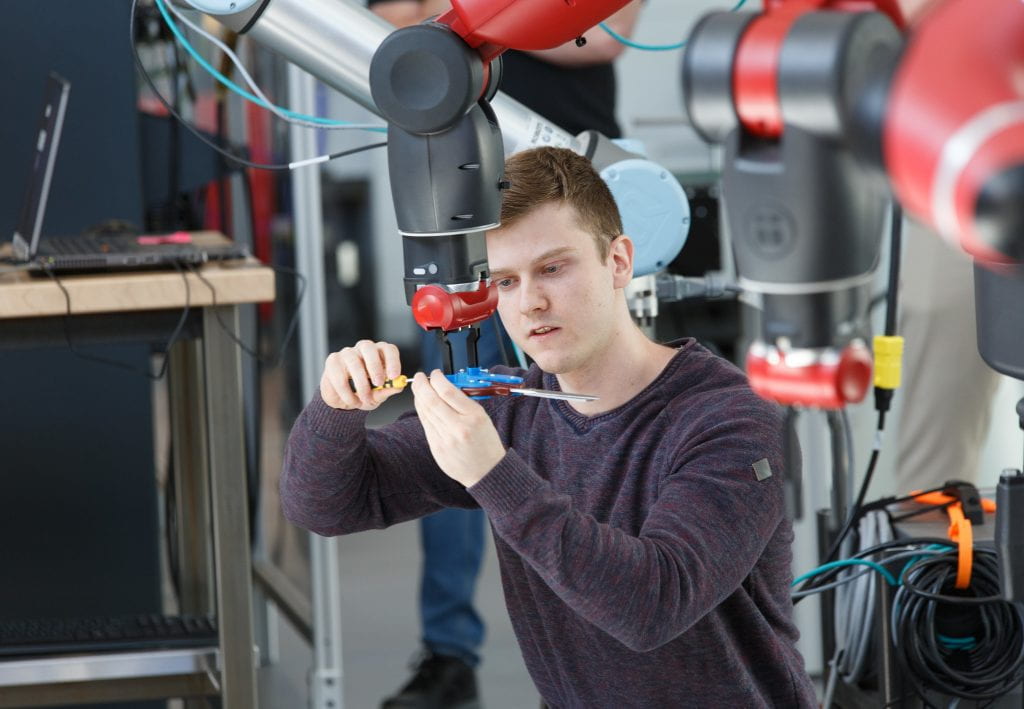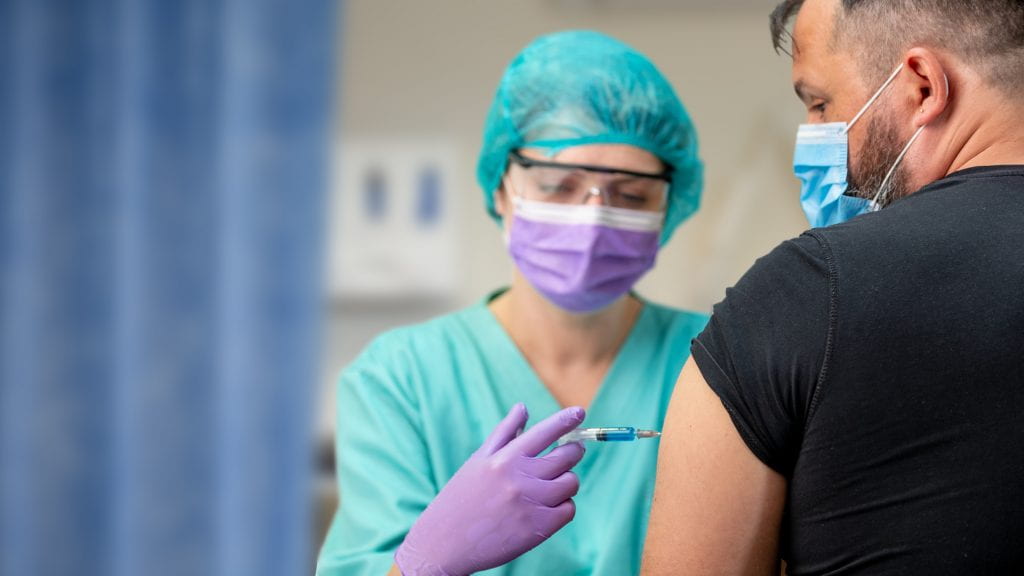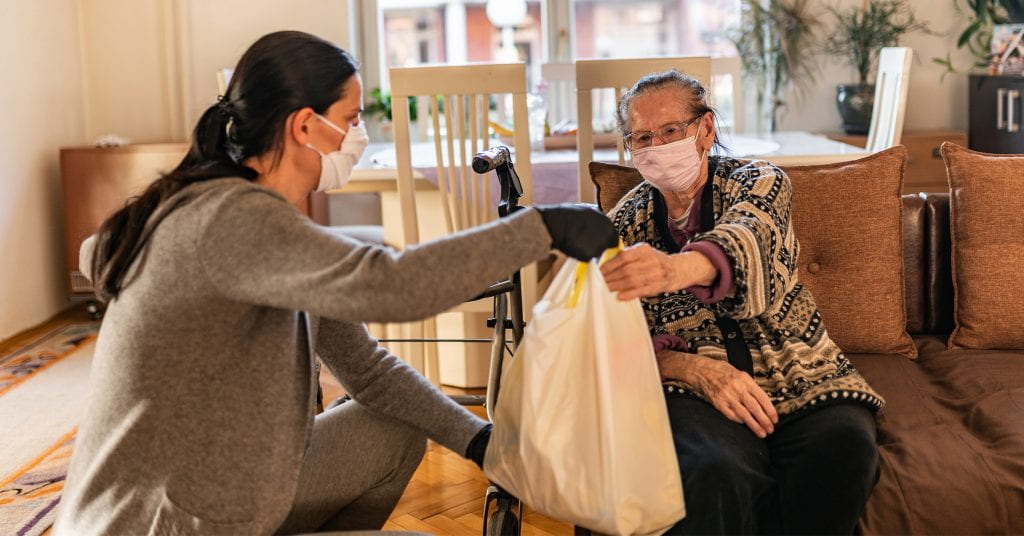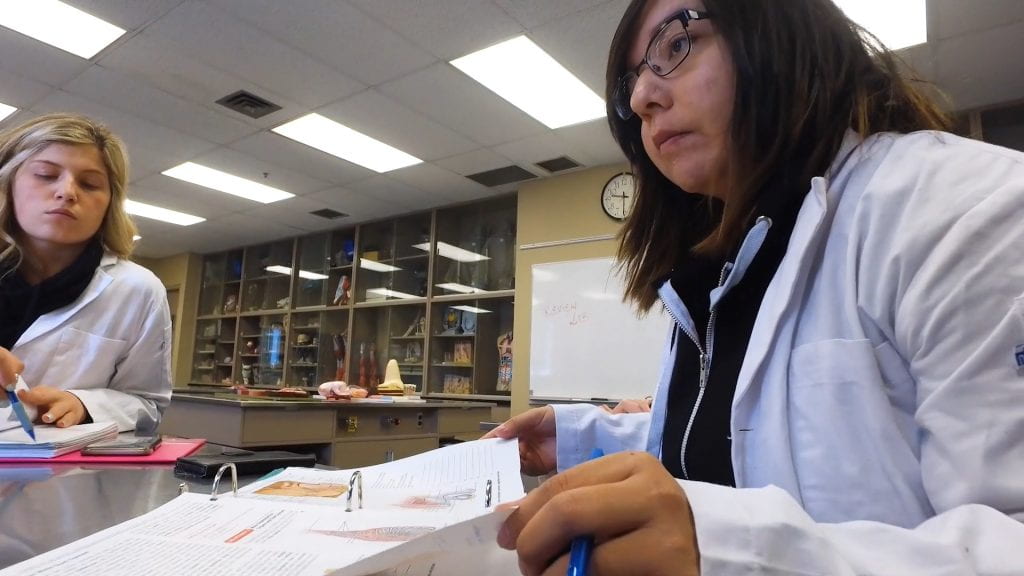More than 100 Bachelor of Nursing grads join Manitoba’s front lines
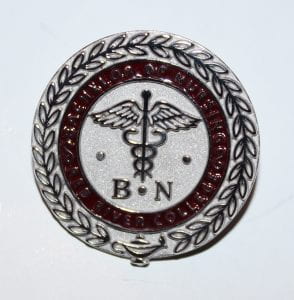 Today, 109 graduates from Red River College’s Bachelor of Nursing program will receive their nursing pins at a special Virtual Pinning Ceremony, marking the completion of their degrees and the beginning of their careers as they join Manitoba’s front lines.
Today, 109 graduates from Red River College’s Bachelor of Nursing program will receive their nursing pins at a special Virtual Pinning Ceremony, marking the completion of their degrees and the beginning of their careers as they join Manitoba’s front lines.
“Red River College is proud to train and prepare our health-care professionals with the skills and expertise they need to successfully enter the workforce, and provide the critical health human resources that our province needs now more than ever,” says Dr. Christine Watson, RRC’s Vice-President Academic.
“The Bachelor of Nursing students receiving their pins today have risen to every challenge this pandemic has thrown their way. They have demonstrated they are ready to put their training into action, to help those who need them most, and to make a real difference. We are thrilled to celebrate their hard work and dedication with this special virtual celebration.”
The pinning ceremony is an important ceremonial milestone for new nurses that dates back to the 12th century. It is often associated with Florence Nightingale, the founder of modern nursing, who presented medals of excellence to the nursing graduates of her London school. The presentation of the nursing pin to graduates celebrates their success as students and the promise of their future in the profession.
This year has proven to be especially challenging for Nursing grads, many of whom have had to complete their senior practicums while working on the front lines in the face of the COVID-19 pandemic.
“For as long as I can remember, I’ve always known that I wanted to be a nurse. Helping others and caring for patients is something that I care deeply about, so I knew this would never be just a job for me — it would be something I would commit my life to,” says Lauren Lacroix, RRC Bachelor of Nursing graduate, class of 2020.
“Completing nursing school isn’t easy — you have to learn to adapt, to prioritize and work under pressure — and this has been especially true this year while working to complete our practicums in the midst of the COVID-19 pandemic. Receiving our pins today symbolizes the fact that we did it, and on those really hard days it serves as an important reminder of everything we have overcome to get here, and of our commitment to make a difference in the lives of the patients we care for.” Read More →


